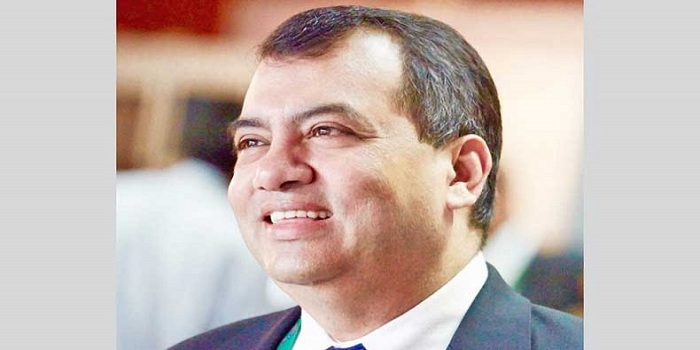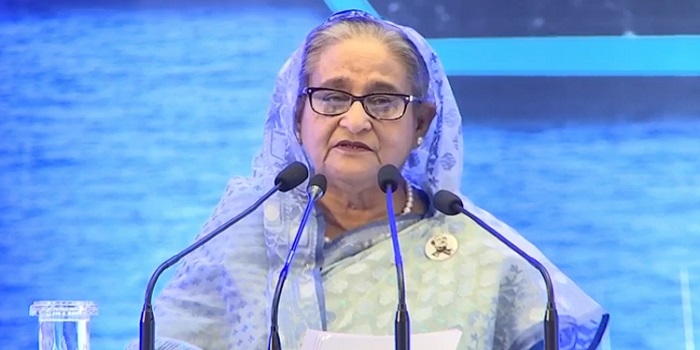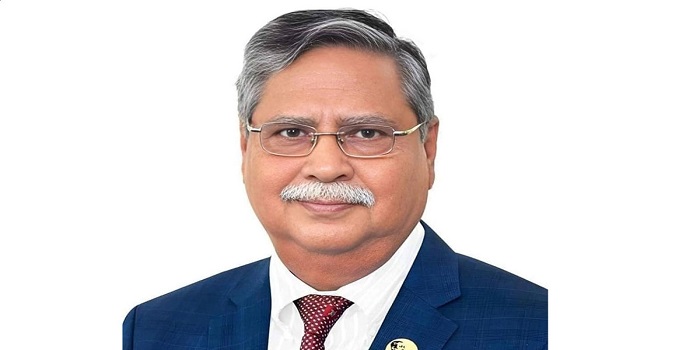Coordinated public-private hospital efforts must to face Covid-19

With rapid increase of coronavirus (Covid-19) positive cases since the last week, integrated response from private facilities is a must now to ensure highest services to people, expert.
“We cannot risk other patients by taking Covid-19 ones in empty beds. This is where we need all hospitals to join hands,” said Musfiqur Rasheed, a Bangladesh-born financial analyst working at Qatar-based Sidra Medicinein Doha.
He said now all major hospitals are running at 30-35 percent services below the level expected at this time of the year and due to lower volume the country actually has more healthcare capacity available.
He suggested one of the hospitals could act as a Covid-19 center and rest will share its volume of other patients.
“For example, if a hospital takes admission of Covid-19 patients, it will refer patients with cardiovascular ailments to hospital B, cancer patients to hospital C and delivery pediatric cases to hospital D. Each hospital will play a consolidation role for specific specialties,” he said.
Rasheed said the Bangladesh government has so far made a decent job of managing the situation and there has been significant progress to fight the outbreak of the global pandemic.
“Everyone must accept the fact that the government can only make efforts up to a certain extent. But if the situation goes beyond the government capacity, it could be a severe catastrophe,” he said.
Referring to a research published in Journal of American Medical Association, he said, 20 percent of infected patients require hospital admission and 26 percent of them would require ICU facilities.
“Due to demographic differences this hospitalization and ICU admission rates may differ (research is based on data from China),” he added.
He said Bangladesh has seen a rise in private hospitals over the past 15 years and major private hospitals came in to fill the void in the tertiary care (complex cases and requiring multiple clinical functions).
“We have seen the rise in ICUs and NICUs in the private sector and it is at the heart of the private hospital model. The major hospitals like Apollo, LabAid, Square and United have huge investment in purchasing equipment and recruit manpower to run ICUs,” he added.
He said the government could procure and manufacture more ventilators but these may remain useless if there is lack of skilled manpower.
The private hospitals possess large number of nurses, bio-medical engineers and well-equipped buildings, he said, adding only one of the private hospitals can match the combined capacity made available by the government for Covid-19.
He said the private facilities could have their own limitations.
“Authorities of those hospitals should look at the bottom line to ensure safety of their existing patients, staffs, especially senior physicians as elderly persons are vulnerable to being affected,” he said.
He said it will be unwise to ignore these facts as they are also part of our health system as well as the broader economy.
Rasheed said a joint taskforce from the participating hospitals can decide on a reasonable financial arrangement.
Directorate General of Health Services (DGHS) can also take part in the arrangement and play mediator’s role to this end, he added.
He said more hospitals joining the coalition will reduce the individual burdens.
Giving an example, he said, Australian government actually came forward and announced a stimulus of AUD 1.3 billion for the private hospitals.
“We cannot afford that, but we can share some burden of the private hospitals,” he added.
sunbd/sks








